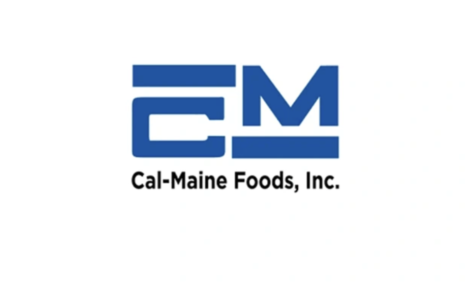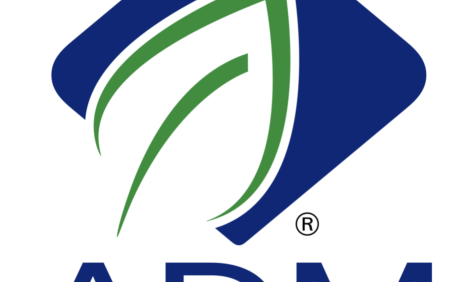



MoU Unites African Countries Against Chicken Dumping, Fights for Level Playing Field
AFRICA - African countries need to unite against the dumping of chicken imports which are destroying local industries and putting thousands out of work - this is something South Africa and Ghana's chicken industries have agreed on.Bizcommunity reports that the two countries have also agreed to press their governments to apply the same strict health and safety rules to imported products that producing areas such as the European Union applied to imports from African countries to ensure a level playing field.
The heads of the Ghanaian and South African poultry industries were among the signatories to a Memorandum of Understanding (MoU) opposing the "pernicious trade practice of dumping and predatory pricing."
The signatories were Victor Oppong Adjei, chairman of the Ghana National Poultry Association, Charlotte Nkuna, interim CEO of the South African Poultry Association, Katishi Masemola, general secretary of the Food and Allied Workers Union, and Francois Baird, founder of the FairPlay anti-dumping movement.
The South African industry in crisis
Dumping happens when exports are sold below the cost of production, or below the selling price in the producing country. Huge volumes of dumped chicken portions, mainly from the European Union, have put the South African industry in crisis, forcing production cutbacks and job losses.
The industry estimates that 4,000 to 6,000 jobs have been lost in recent years. This year, a further 1,350 jobs were lost in KwaZulu-Natal when RCL Foods halved production at its Hammarsdale plant and sold off 15 chicken farms.
Imports from the EU have declined following outbreaks of bird flu there, but the slack has been taken up by other countries, notably Brazil. EU producers are poised to resume exports once bird flu bans are lifted.
Africa should form a united front
Mr Adjei visited South Africa at the invitation of the local industry in order to explain how dumping had devastated the chicken industry in Ghana and to discuss measures that could be taken to stop dumping.
He said that a once-thriving industry had been reduced by dumped imports to one that produced only 5 per cent of the chicken consumed in Ghana. Action taken by the Ghanaian government had been ineffective, and stricter measures were needed.
If imports were restricted, the industry in Ghana could employ 200,000 workers, compared to 10,000 today.
Mr Adjei said exporters in the EU, Brazil and the United States had targeted other African countries, and industries were struggling in Cameroon, Senegal and South Africa as a result.
He believed that no African country could take on major producers on its own and that Africa should form a united front as countries in the EU had done.
The MoU agreed to by the industry leaders advocates "a united African policy approach to the threat of dumping from the EU and other harmful traders."
Fighting for a level playing field
The fight for a level playing field includes requiring governments to apply more appropriate tariffs against dumped products and to apply the same strict rules of health, food safety, labelling, halal certification and product origin that the EU and other producing areas apply to imports into their regions.
In addition, the leaders resolved to fight for the equal application of the rule of law by enforcing current rules, to take the fight international to unite civil society, business, trade unions, politicians, governments and multi-lateral organisations on the need to outlaw dumping and predatory pricing.
They also resolved to promote development so that the industry would benefit from appropriate trade practices instead of being harmed by dumping, and to support the transformation of the industry through the growth of new chicken producers.
Local industry can grow in absence of dumping
At a media briefing last week, Marthinus Stander, CEO of Country Bird, said jobs were being lost because of EU dumping. In the absence of dumping, the local industry can create jobs, and support rural development, transformation and food security, thereby growing the economy.
The SA industry is outperforming the EU producers on cost and technical efficiency, and unlike oil, our country simply does not have to import chicken, Stander said.
FairPlay has expressed concern that a government-appointed task team, appointed a year ago to investigate the situation as a matter of urgency, has yet to produce any report or recommendations.
Mr Baird said last week that dumping should be made a criminal offence.









